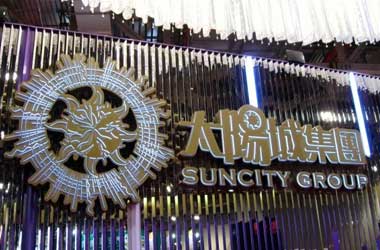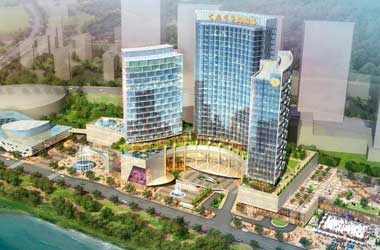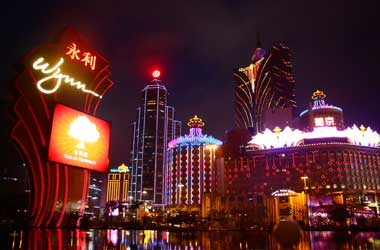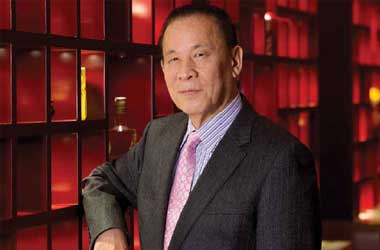Money Laundering At PH Casinos Still A Concern After New FATF Grey List
 The Philippines has once again been added to the “grey list” of countries that will be placed under increased monitoring by intergovernmental organization the Financial Action Task Force (FATF). The Paris-based global dirty money watchdog recently announced that the Philippines has been included in its grey list, alongside Malta, South Sudan, and Haiti.
The Philippines has once again been added to the “grey list” of countries that will be placed under increased monitoring by intergovernmental organization the Financial Action Task Force (FATF). The Paris-based global dirty money watchdog recently announced that the Philippines has been included in its grey list, alongside Malta, South Sudan, and Haiti.
The Philippines’ recent inclusion in the FATF grey list means the watchdog regards it as having serious deficiencies in terms of combating money laundering and terrorism financing. The country now needs to comply with relevant recommendations within prescribed timelines, and submit progress reports to the FATF three times a year. Failure to do so will result in the imposition of countermeasures against the Philippines.
The country’s Anti-Money Laundering Council (AMLC) said in a recent press release that the relevant government and law enforcement agencies have committed to implementing the action plans recommended by the FATF to swiftly iron out the identified deficiencies. The AMLC added that fulfilling that pledge is a key to getting the Philippines of the FATF list.
Back in 2016, a number of casinos based in the Philippines became the subject of a global investigation after it was discovered that a portion of the stolen money amounting to $81 million arising from the Bank of Bangladesh cyber heist was funneled through them. As of 2018, just around $18 million of that amount has been recovered.
Further investigations found that the bank accounts where the money was transferred had links to a junket operator. Among the Philippine casinos named by investigators was Solaire Resort and Casino in Manila, which is owned and operated by Bloomberry Resorts Corporation. In 2020, the company’s subsidiary was listed as one of the defendants in a fresh case filed by Bangladesh authorities in relation to the 2016 heist.
There are ongoing concerns from international bodies, including the International Monetary Fund (IMF) that Philippine casinos, both land-based and online, remain highly susceptible to criminal activity. The United Nations also previously stated that casinos in Southeast Asia, including the Philippines, are being used by crime syndicates to launder funds.
Not The First Time
In 2000, the Philippines was among 15 countries blacklisted by the FATF for being “non-cooperative” in the global fight against money laundering. This led to the creation of the AMLC in 2001. The country was removed from the blacklist in 2005.
Since then, the Philippine government has strengthened its anti-money laundering and counter-terrorism financing laws. In July of last year, the controversial Anti-Terror Act of 2020 was signed into law to better combat terrorism and proliferation financing.
More recently, the government added Philippine Offshore Gaming Operators (POGOs) and their service providers as among entities covered by the Anti-Money Laundering Act (AMLA).
Carolyn DuttonAuthor
Carolyn is our legislation expert, with a background in law she is able to cover the current state of gambling around the world





